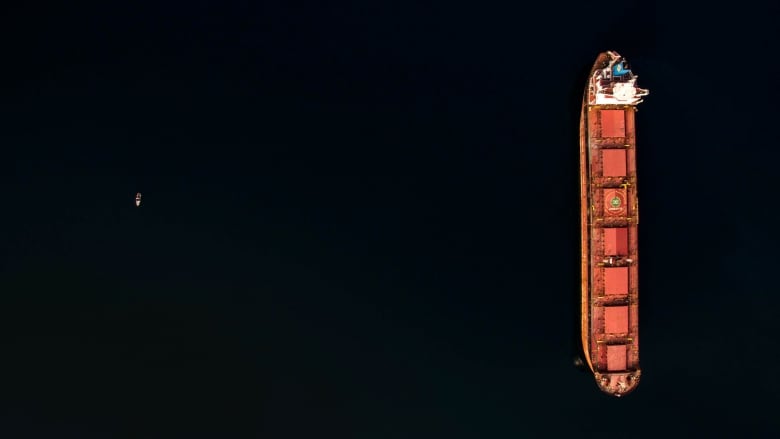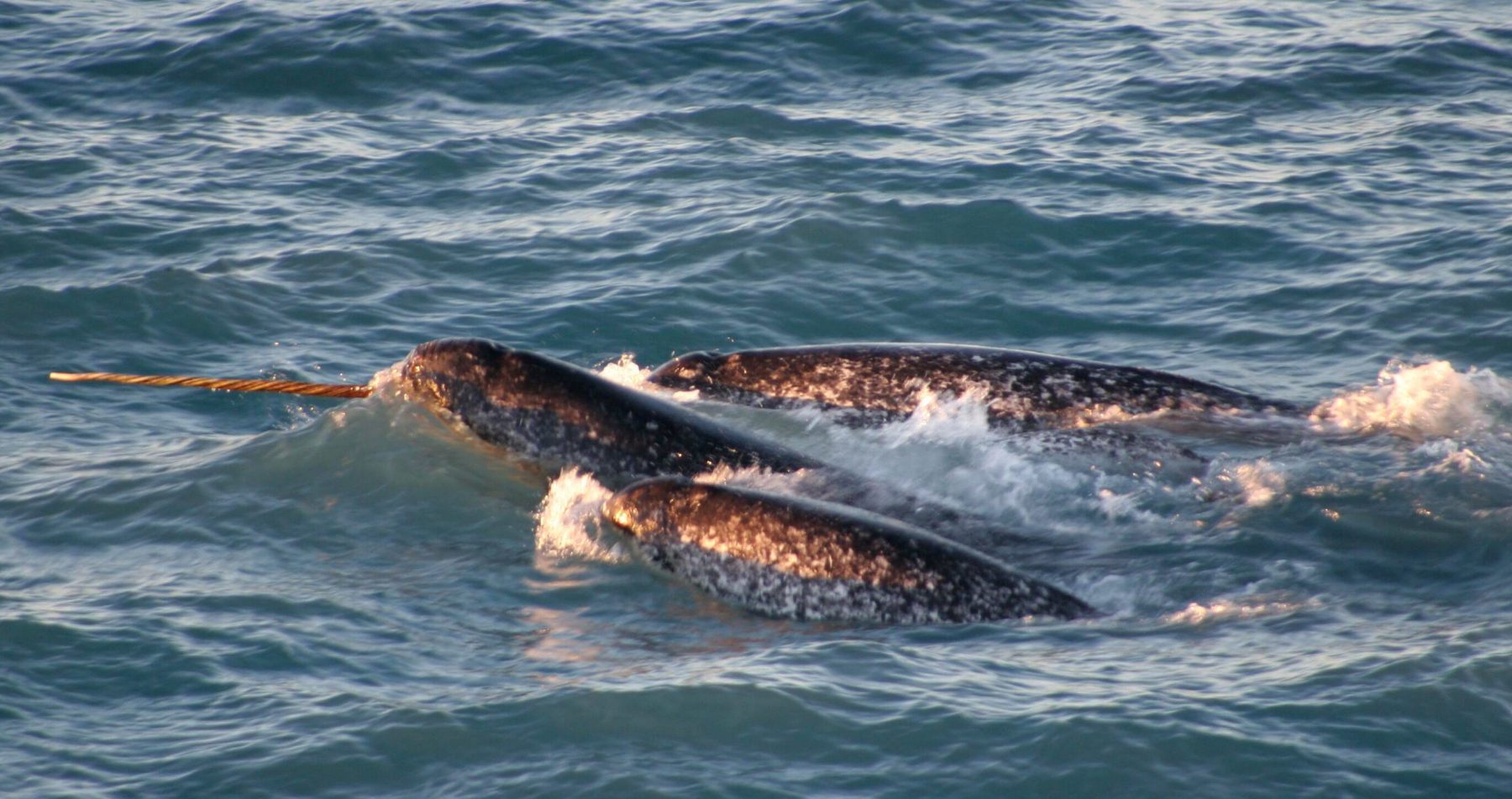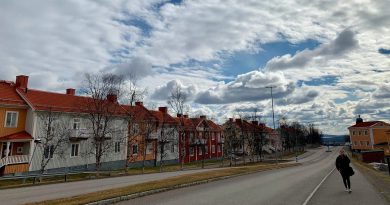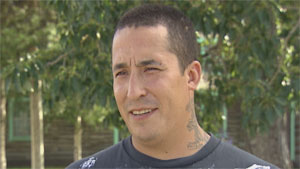Effects on narwhal must be clarified before expanding iron ore mine in Arctic Canada

The Baffinland Iron Mines Corporation wants to expand production at its iron ore mine on northern Baffin Island, in Canada’s eastern Arctic territory of Nunavut. It’s currently allowed to produce six million tonnes of iron ore a year and ship it through Milne Inlet; it wants to increase that to 12 million tonnes.
The Nunavut Impact Review Board (NIRB) has to approve the increase, called the Phase 2 Proposal. NIRB recently told the company that it didn’t provide enough information at technical meetings earlier this month in Iqaluit to proceed with the rest of the approval process.
NIRB said Baffinland must do another round of technical meetings before it can continue.

“There were still some outstanding reports and analysis and information that Baffinland was committed to supplying but which hadn’t been supplied for reviewers to date,” said Ryan Barry, the executive director of NIRB.
The technical meetings are where the company answers questions that interested parties, or reviewers, have about the expansion. In this case, interested parties include departments with the federal government, the Qikiqtani Inuit Association (QIA), community organizations, and environmental groups.
Planned expansion
In a letter to NIRB, the QIA wrote that the mine’s current output is already affecting the surrounding environment and communities, the closest being Pond Inlet.
The letter states, “QIA believes work must be done to ensure impacts are appropriately mitigated, or that Inuit benefit from the impacts of the Phase 2 Proposal.”
In order to double production, the company wants to build a railway from the mine to the port at Milne Inlet, build another dock at the port, increase ship traffic carrying ore out of the inlet, and expand the shipping season.
To expand the shipping season, the company wants to use ships to break up ice in the inlet. It wasn’t able to say what this would mean for the surrounding environment, which is one of the things the company must provide more information on during the next technical meetings.

Ships affecting narwhal
Oceans North is an environmental group that’s been monitoring narwhal sounds in Milne Inlet and nearby Tremblay Inlet since 2014. Preliminary data suggests narwhal are less vocal near mine shipping routes.
“These animals use sound to navigate, to communicate, to find their prey,” said Kristin Westdal, a marine biologist with Oceans North.
“So if we’re already seeing significant differences in the amount of vocalization coming from Milne Inlet, that draws a lot of questions and a lot of concerns,” said Westdal.
Inuit from Pond Inlet who hunt narwhal have observed the animals frequenting the area less now than they have in the past. Westdal’s acoustic recordings suggest they are vocalizing differently, too.

Slow down, says scientist
Westdal says Baffinland should slow down and figure out what the implications are of its current production, before it increases it.
The Mary River mine is one of the largest deposits of high-quality iron ore in the world, Westdal said, and the narwhals that come to Lancaster Sound in the summer form the largest population of the whales in the world.
“There’s really no reason, from our perspective to rush this through and get out as much as we can as fast as we can,” she said. “That’s not in anyone’s best interest.”
The second technical meeting will take place at the Iqaluit Cadet Hall from June 17 to 19. There will be a chance for the public to give input on the planned expansion later in the summer, and NIRB should have a final decision in November.
Related stories from around the North:
Canada: Conservation group calls for more research into effects of mine shipping noise on narwhal in Arctic Canada, Radio Canada International
Finland: Stricter mining regulations and oversight needed in the Arctic, Finnish report says, Yle News
Norway: Minister downplays environmental impact of planned mine in Arctic Norway, The Independent Barents Observer
Russia: Russian miners dig deeper into vast Kola nickel reserve, The Independent Barents Observer
Sweden: Iron mine in northern Sweden to restart production, The Independent Barents Observer
United States: Mining company boosts spending to lobby U.S. government for contested Alaska project, Alaska Public Media



